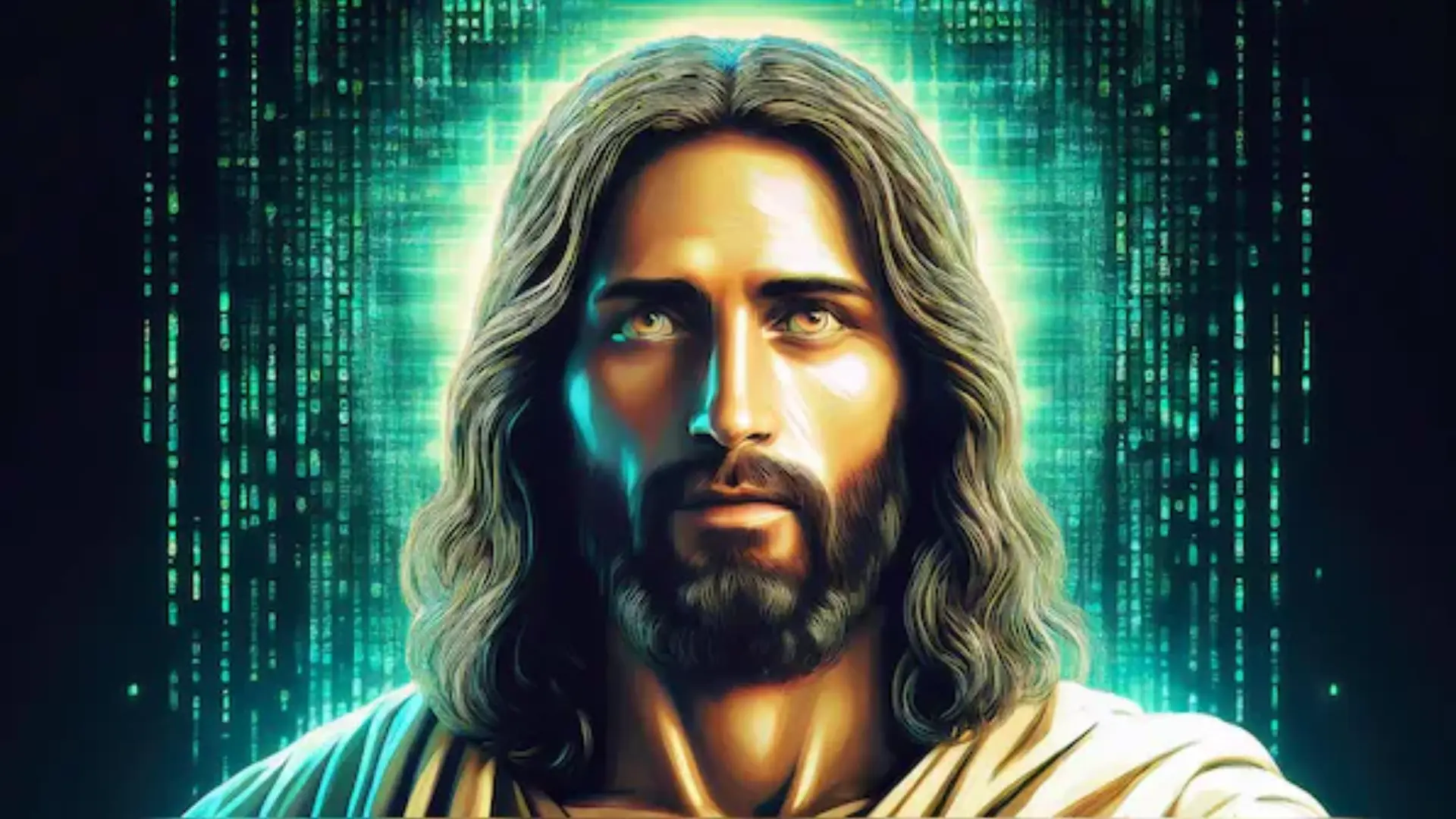In an innovative intersection of faith and technology, St. Peter’s Church in Lucerne, Switzerland, has introduced an AI-powered hologram of Jesus Christ in its confessional booth. This groundbreaking initiative offers worshippers a new, digital way to seek spiritual guidance.
The holographic AI Jesus, displayed on an ultra-wide monitor, interacts with visitors by listening to their confessions and responding with thoughtful advice and counseling. Its responses are rooted in Christian teachings, specifically drawing from the New Testament.
AI Jesus will communicate with worshippers from diverse backgrounds
The AI Jesus is part of an artistic endeavor titled Deus Ex Machina (Latin for “God in the Machine”), developed by the Immersive Realities Research Lab at Lucerne University of Applied Sciences and Arts. Designed to engage a global audience, the AI can converse in 100 languages, allowing it to communicate with worshippers from diverse backgrounds.
🚨🇨🇭AI JESUS TAKES CONFESSIONS IN SWISS CHURCH
Advertisement · Scroll to continueSt. Peter’s Church in Lucerne introduced an AI-powered Jesus hologram for confessions.
Developed by theologians and computer scientists, the AI is trained on the New Testament and responds to questions in 100 languages.… pic.twitter.com/yFRu5zw0Vc
— Mario Nawfal (@MarioNawfal) November 20, 2024
Mixed Reactions from Worshippers
Reactions to the AI-powered confessional have been varied. Some visitors have been deeply moved by the experience, noting the simplicity and relevance of the advice they received. One participant shared, “I was surprised. It felt easy, and though it’s a machine, the advice was deeply Christian and comforting. I walked out feeling consoled.”
Others, however, criticized the AI for lacking the nuance and emotional depth of a human spiritual advisor. They described the interactions as generic, highlighting the absence of the personal touch found in traditional confessions.
Tackling Complex Theological Questions
The AI has also shown its ability to address challenging moral dilemmas. For instance, when a worshipper sought guidance on how to support an elderly loved one considering assisted suicide, the AI responded with compassionate questions: “What does your faith mean to you in this difficult time? Is there anything else in life that could bring you peace or joy? How can I support and comfort you?”
Sparking Conversations on Faith and Technology
Marco Schmid, a theologian at St. Peter’s Church, explained the purpose behind the project: “We wanted to create a tangible experience with AI that would spark discussions. This provides a foundation for people to engage in conversations about the intersection of technology and faith.”
While the experiment has garnered both praise and criticism, it underscores the evolving role of technology in modern spirituality and its potential to reshape religious practices.























